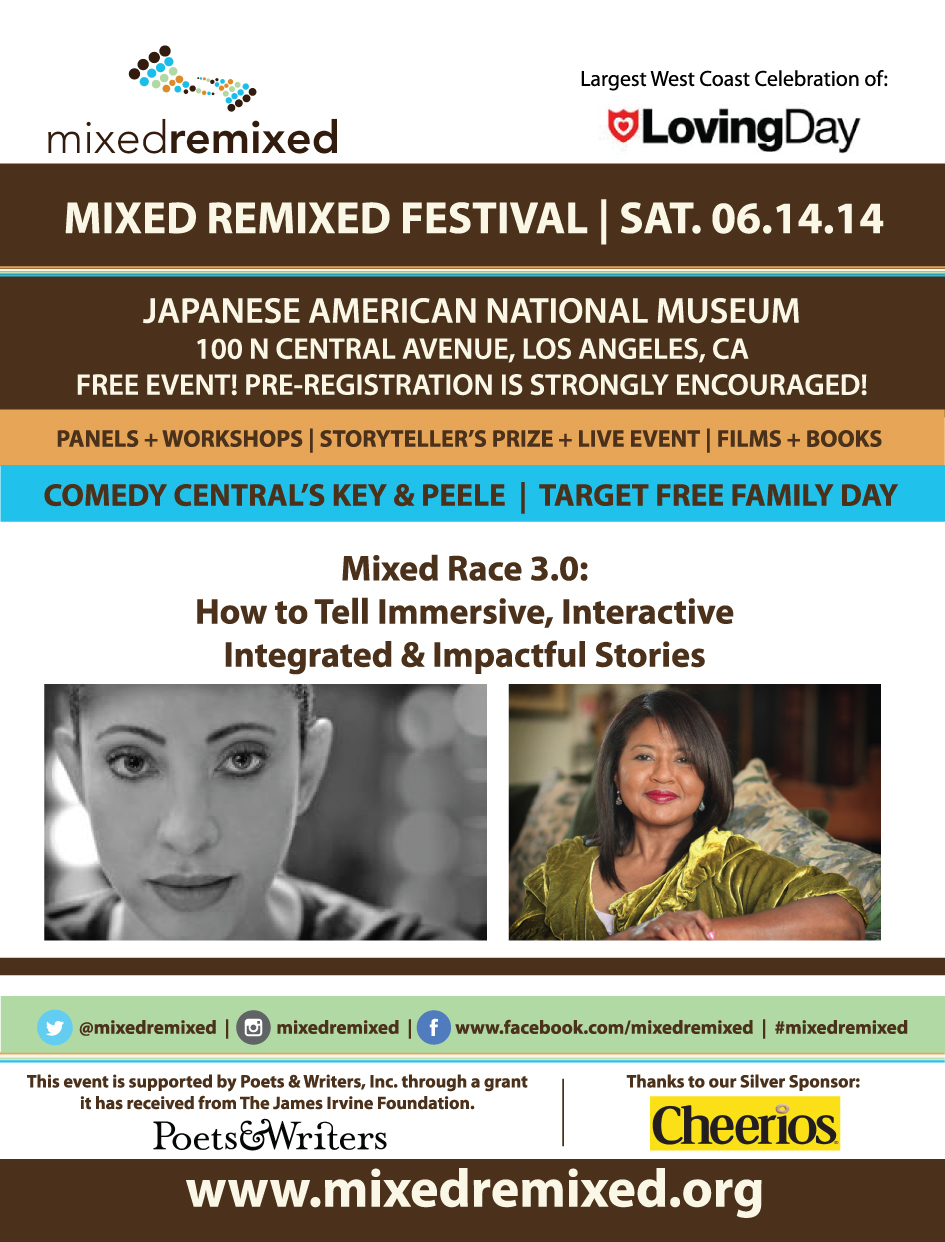What is Luring a Million Chinese to Africa?
OZY
2014-05-15
Jacob Kushner
Like immigrants the world over, the million Chinese who’ve landed in Africa are plucky, hugely ambitious and have an eye for opportunity. They’re also helping make China a big player on a continent once dominated by the West.
You’ve seen the headlines: China is taking over Africa, and the United States and Africa’s former colonizers in Europe have lost sway.
Mostly, it’s true. Throughout Angola, Ghana and the Congo, some of China’s largest companies are building roads and railways. They’re backed by Chinese banks, and they’ll pay off their loans in kind through mining and oil deals. All the while, small-scale Chinese entrepreneurs are moving to Africa, opening pharmacies, trading furniture or buying land to farm, much as earlier generations did in Southeast Asia and North America. African governments are welcoming them with open arms, and for the most part, so are Africans themselves.
Earlier literature on China’s rise in Africa pushed us past the easy — and flawed — paradigm of China as Africa’s latest “colonizer.” But in his forthcoming book, China’s Second Continent, Howard French argues the Chinese who migrate to Africa do so as individuals motivated by simple, familiar dreams of opportunity.
A former China bureau chief for The New York Times and veteran Africa correspondent, French traveled the African continent, speaking Mandarin with Chinese men and women who had grown weary of the daily grind in their homeland. The characters French encounters are risk-takers: sometimes foulmouthed, often lucky and universally ambitious.
OZY: What has lured a million Chinese people to Africa?
French: Many Chinese people came here in the first wave because they were part of a work crew that built a big project somewhere. They typically came with absolutely no idea of what they were going to find on the ground, what Africa would be like. Some people that thought this place would be horrible, [with] hostile people or dangerous animals and diseases, find out it is also fairly pleasant: “I feel comfortable navigating in this society. And most importantly, everywhere I look, there are opportunities to make money.” They come and see opportunity everywhere they look…
Read the entire interview here.
